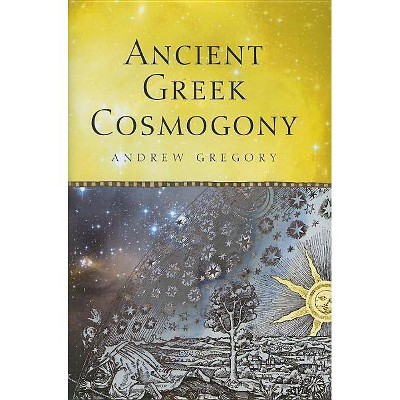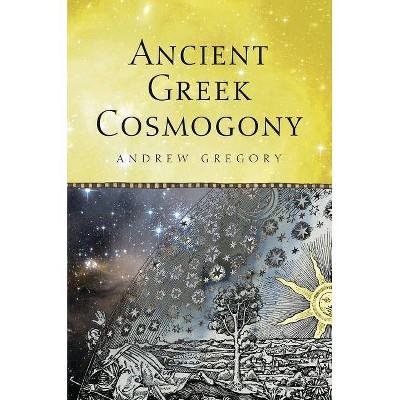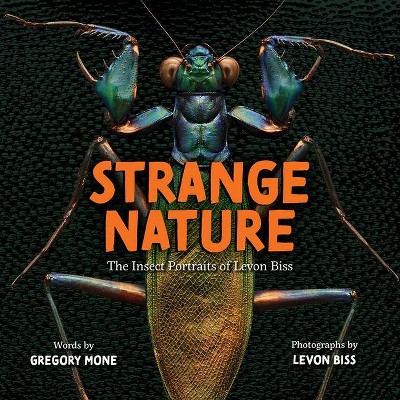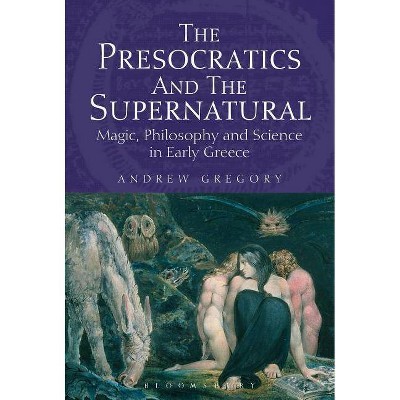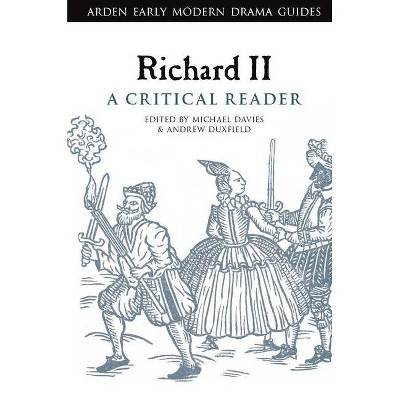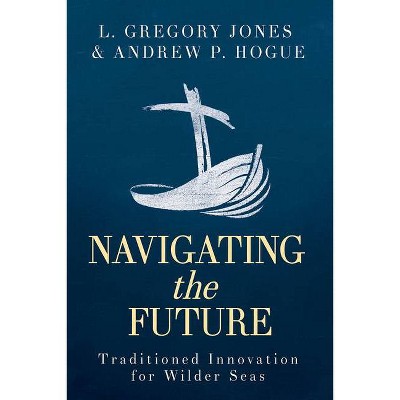Early Greek Philosophies of Nature - by Andrew Gregory (Hardcover)
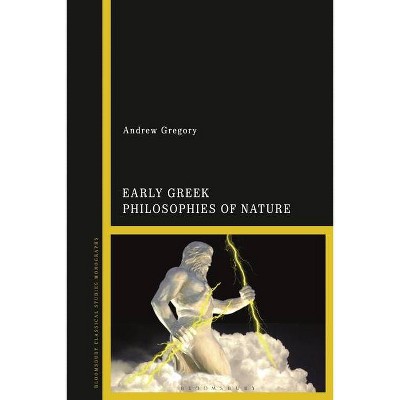
Similar Products
Products of same category from the store
AllProduct info
<p/><br></br><p><b> About the Book </b></p></br></br>"This book examines the philosophies of nature of the early Greek thinkers and argues that a significant and thoroughgoing shift is required in our understanding of them. In contrast with the natural world of the earliest Greek literature, often the result of arbitrary divine causation, in the work of early Ionian philosophers we see the idea of a cosmos: ordered worlds where there is complete regularity. How was this order generated and maintained and what underpinned those regularities? What analogies or models were used for the order of the cosmos? What did they think about causation and explanatory structure? How did they frame natural laws? Andrew Gregory draws on recent work on mechanistic philosophy and its history, on the historiography of the relation of science to art, religion and magic, and on the fragments and doxography of the early Greek thinkers to argue that there has been a tendency to overestimate the extent to which these early Greek philosophies of nature can be described as 'mechanistic'. We have underestimated how far they were committed to other modes of explanation and ontologies, and we have underestimated, underappreciated and indeed underexplored how plausible and good these philosophies would have been in context"--<p/><br></br><p><b> Book Synopsis </b></p></br></br>This book examines the philosophies of nature of the early Greek thinkers and argues that a significant and thoroughgoing shift is required in our understanding of them. In contrast with the natural world of the earliest Greek literature, often the result of arbitrary divine causation, in the work of early Ionian philosophers we see the idea of a cosmos: ordered worlds where there is complete regularity. How was this order generated and maintained and what underpinned those regularities? What analogies or models were used for the order of the cosmos? What did they think about causation and explanatory structure? How did they frame natural laws?<br/><br/>Andrew Gregory draws on recent work on mechanistic philosophy and its history, on the historiography of the relation of science to art, religion and magic, and on the fragments and doxography of the early Greek thinkers to argue that there has been a tendency to overestimate the extent to which these early Greek philosophies of nature can be described as 'mechanistic'. We have underestimated how far they were committed to other modes of explanation and ontologies, and we have underestimated, underappreciated and indeed underexplored how plausible and good these philosophies would have been in context.<p/><br></br><p><b> Review Quotes </b></p></br></br><br>Andrew Gregory's welcome new book offers a much-needed challenge to the idea that early Greek philosophers - the Presocratic atomists in particular - deployed mechanistic explanations of the physical or biological processes they observed or postulated.<br><p/><br></br><p><b> About the Author </b></p></br></br><b>Andrew Gregory</b> is Professor of History and Philosophy of Science at University College London, UK. He is the author of many books on the science and philosophy of the ancient world, including <i>Anaximander </i>(Bloomsbury, 2016), <i>The Presocratics and the Supernatural</i> (Bloomsbury, 2013) and <i>Ancient Greek Cosmogony</i> (Bloomsbury, 2008).
Price History
Price Archive shows prices from various stores, lets you see history and find the cheapest. There is no actual sale on the website. For all support, inquiry and suggestion messagescommunication@pricearchive.us
